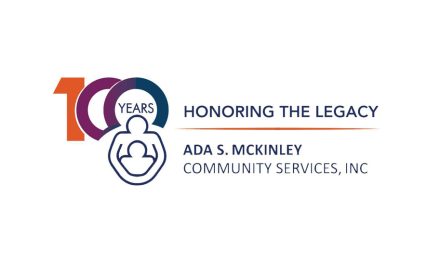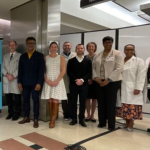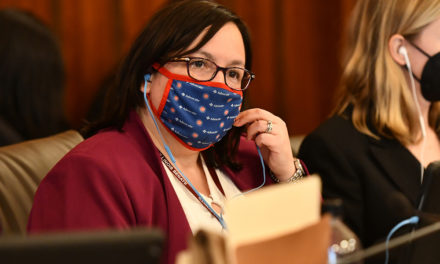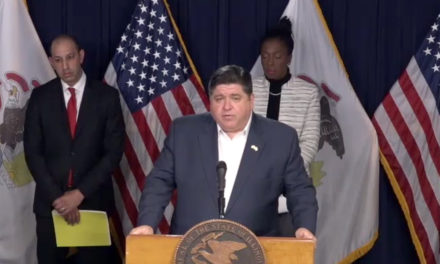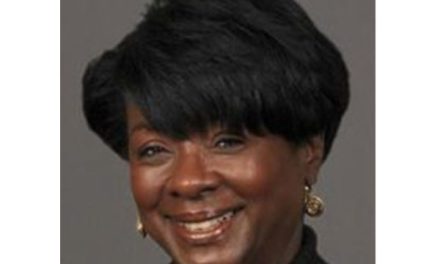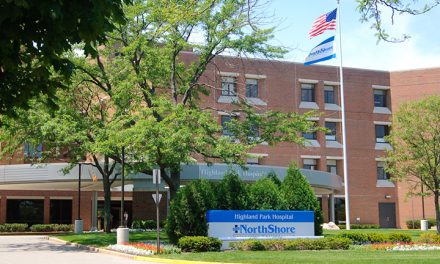
36 Chicago healthcare organizations call systematic racism a ‘public health crisis,’ pledge action
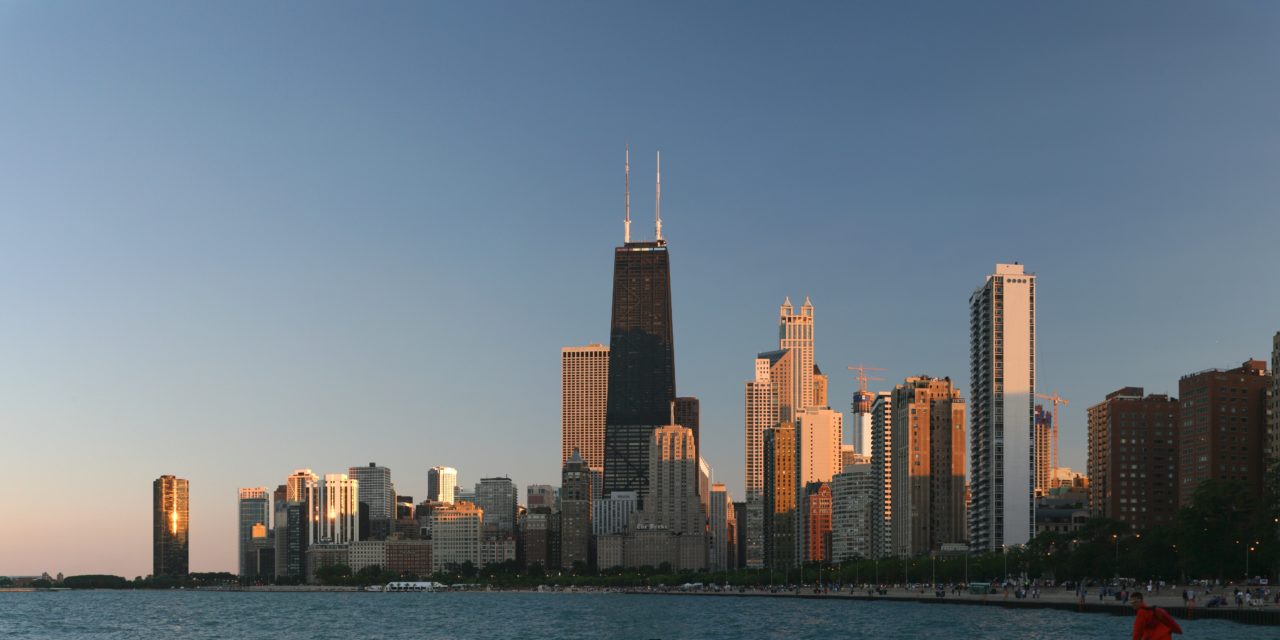
Calling systematic racism a “public health crisis,” three dozen Chicago healthcare organizations said Friday they will address health disparities in the city’s minority communities and ensure greater health equity.
The group initially joined together as part of Chicago Mayor Lori Lightfoot’s Racial Equity Rapid Response Team to focus on COVID-19 and its disproportionate impact on minority communities. With the recent protests and civil unrest after the death of George Floyd and others, the group said they have decided to expand their work.
“Racism results in generational trauma and poverty, while also unquestionably causing higher rates of illness and death in black and brown communities,” the organizers said in an open letter released Friday. “We have seen — in its rawest form — how the trauma of systemic racism adds to the historical injustices that have disproportionately affected communities of color.”
The 36 organizations, which include federally qualified health centers, safety-net hospitals and major academic medical centers, outlined seven steps they will take going forward. Those include:
- Re-examining institutional policies with an equity lens and making policy changes that promote equity and opportunity.
- Improving access to primary and specialty care.
- Continuing to focus on helping communities overcome chronic conditions like diabetes, heart disease and asthma.
- Continuing to advocate for investments that create innovative solutions to achieve enduring improvements in access, quality and health outcomes for communities.
- Continuing commitments to hiring locally and promoting leaders of color.
- Renewing and expanding each organization’s commitment to providing anti-racism and implicit bias training for physicians, nurses and staff.
- Advocating for increased funding for social needs, social services and programs that promote social justice.
Marcus Betts, assistant vice chancellor at the University of Illinois Hospital & Health Sciences System, said Friday’s announcement was a “bold first step” toward addressing the issue.
“The commitments that each institution has made activates a reinvigorated social contract that circumscribes and elevates our shared responsibilities to our city and state,” he said. “Building on the racial equity platform created by Mayor Lightfoot, we look forward to enthusiastically continuing this work with other stakeholders.”

